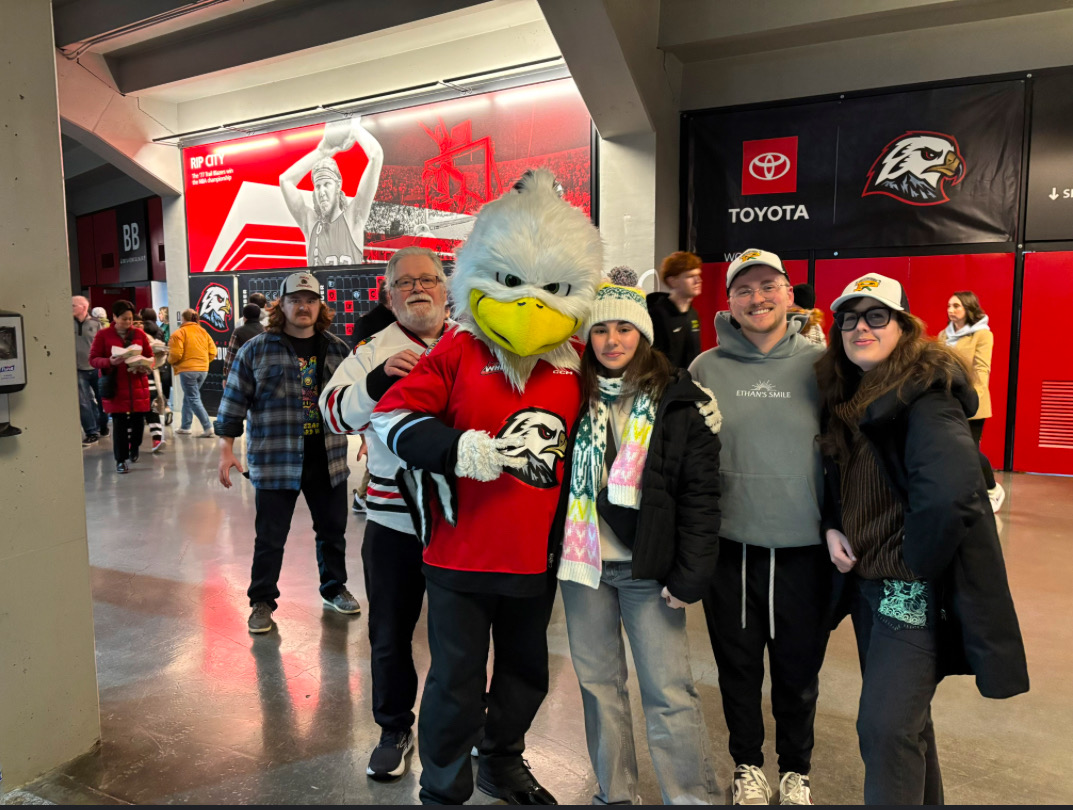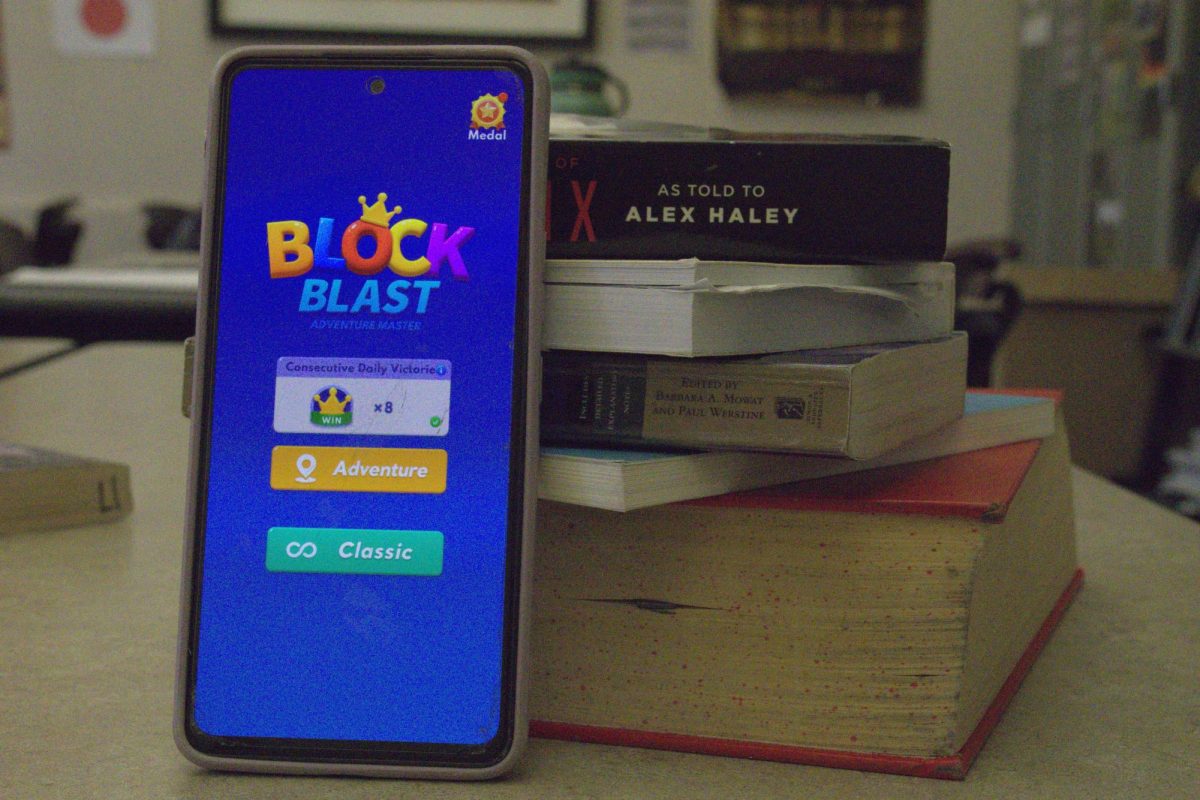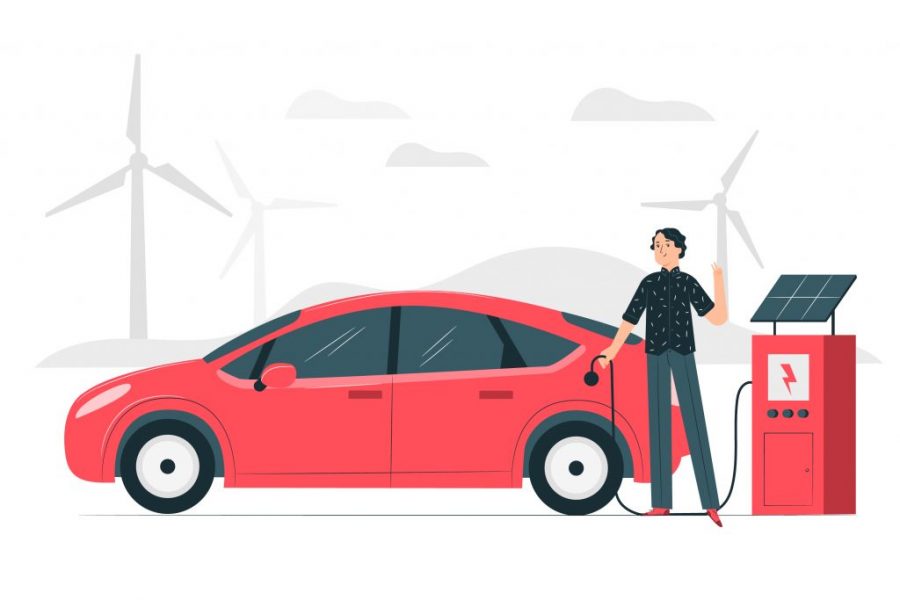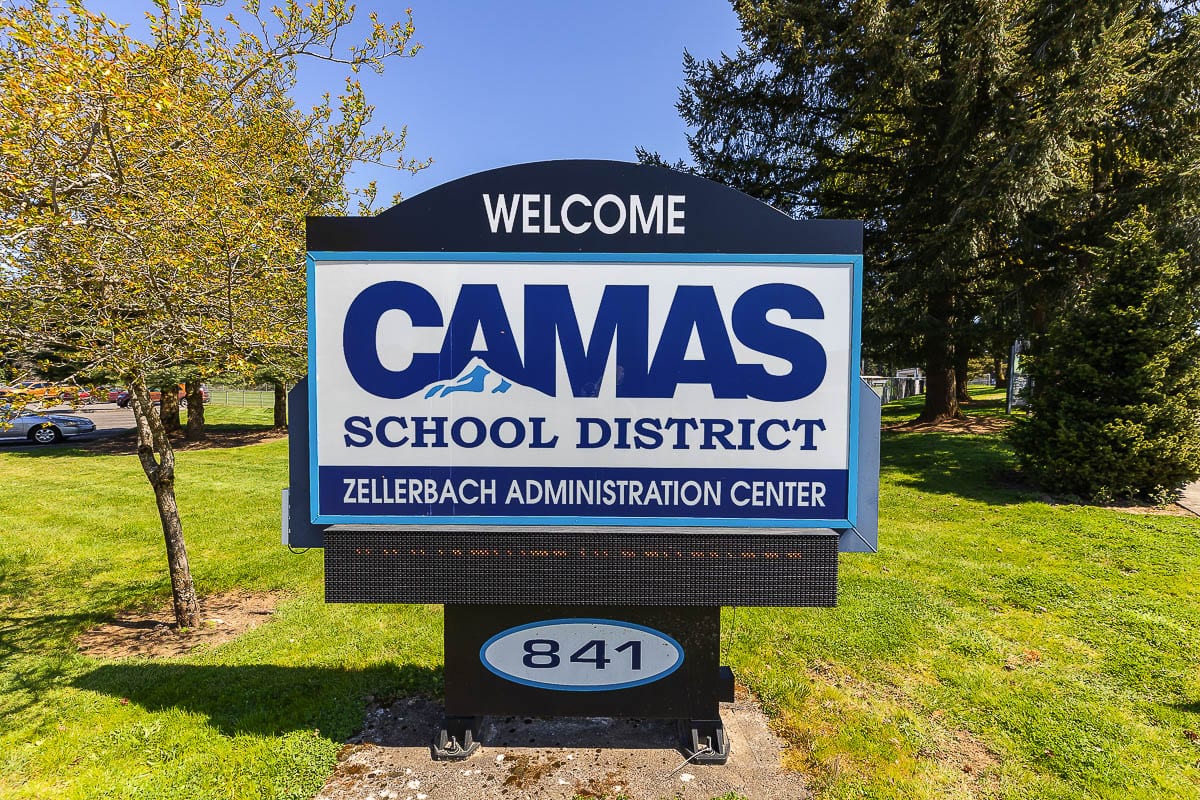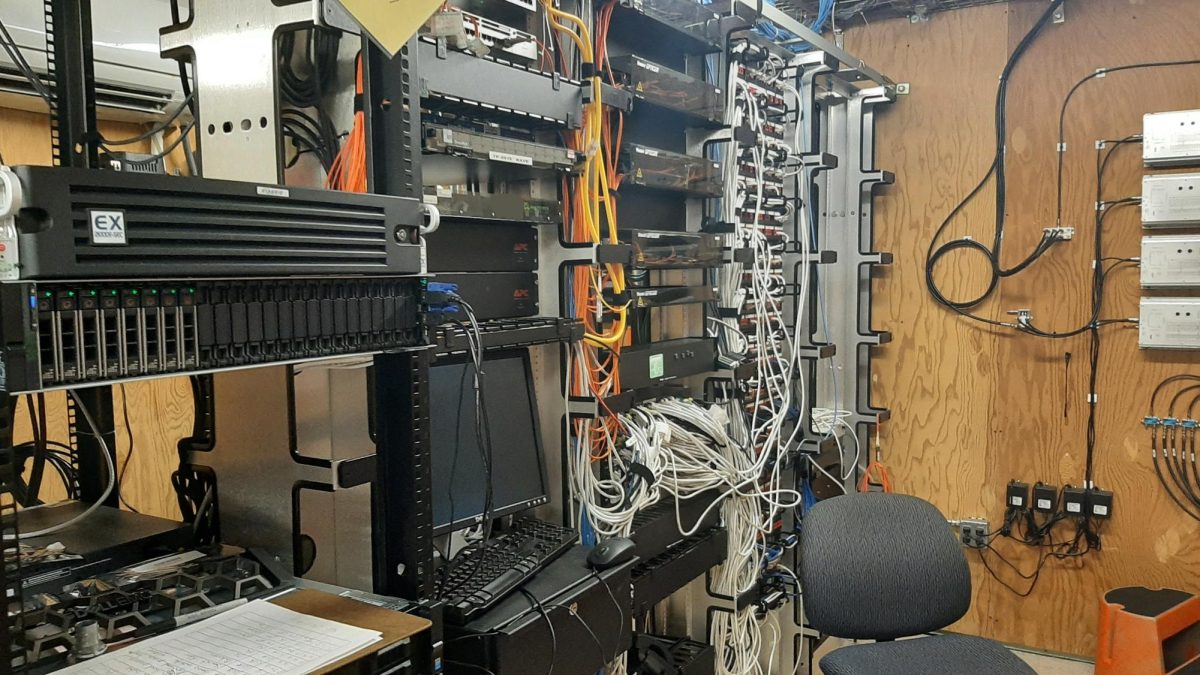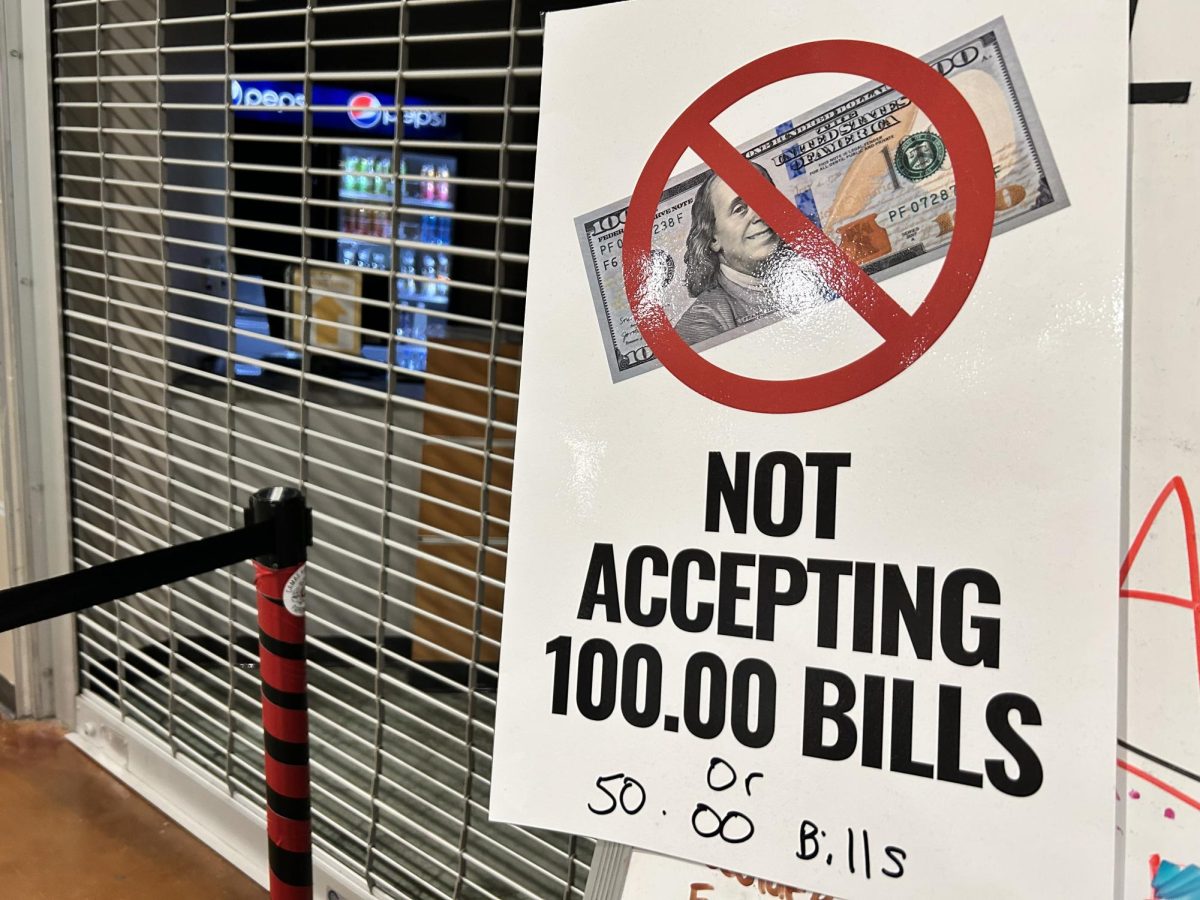The State of Washington has started a wave of clean and green living many pushing for a lower carbon footprint for our state. The most recent push is moving to the Clean Cars 2030 initiative in Washington this is in part due to the largest carbon emissions being vehicle emissions (Washington State Department of Ecology). This is being headed with two pieces of legislature one from the house and another from the senate in Washington State.
The clean car 2030 bills, if passed, will require cars made in 2030 and further on be electric as well as the registered vehicles from 2030 onward being only electric vehicles. However, if you have a 2029 or earlier model you can sell, purchase, and keep these vehicles without any restrictions.

This will be passed in hopes to reduce the CO2 emissions in Washington. The graph shown entails CO2 emissions compared to electric vehicles and gas-powered cars over their lifetime. These facts are what many who push for the initiative used to reinforce their opinions, but it is not the only part of this debate Washingtonians have to look at.
Currently, with EV technology being in its infancy, there are not as many options for people who want to switch from their gas-powered cars to cleaner electric models. However, with the push for these cleaner cars, the market is seeing signs of expansion into newer and better models. This and the overall better value for the maintenance of electric vehicles make many people want to transfer the vehicle market in Washington to Electric models.
CHS Senior Alex Gee said, “While this bill would be monumental in the fight against climate change if it is successfully implemented, I’m still skeptical if the technology will be inexpensive or advanced enough in nine years to make electric vehicles an option for every Washingtonian. Infrastructure would have to be massively developed to support the heightened demand for electricity, and there could be many issues.”

Gee brings up a significant point if the state does move to solely electric vehicles on the market how will Washingtonians meet the demand for them and the underlying issue of an undeveloped infrastructure?
If people do not have their own electric charging ports in their house they may have to park their car away from their homes to be able to keep it charged, making it a hassle for them and more of a burden than a solution. It also brings up the question of how some people may not be able to afford the bill for the electricity to keep their car in working order.
CHS Junior Kyle Kennedy shared his experience with an electric car. Once Kennedy got his license, he began utilizing the hybrid vehicle that his family got for him. He can recall only one time he actually had to get gas to use for his car. With his experiences of using his hybrid car, the positives and negatives have become apparent.
“Electric [vehicles] would not be great because the battery doesn’t last as long and it takes a while to charge compared to hybrids. So hybrids would probably be a lot better for people than solely electric vehicles,” said Kennedy.

This experience from an electric/hybrid driver shows actual difficulties in day-to-day life and the severe backlash the movement would face if it was enacted this early on. With the EV market in its infancy, a sudden switch from a predominantly gas market, and a sudden switch to the general public without a secure foundation for the shift to electric vehicles there would be a massive backlash and possible total failure.
This issue is not all black and white, it is not just about the emissions from transportation and the commute drivers take. The emissions during the manufacturing, shipping, and upkeep of the vehicles could possibly affect the environment and will continue to even if legislators switch to solely allowing electric vehicles.
All in all, Washingtonians will have a lot of thinking and reflecting to do in order to pass a bill that fits everyone’s needs and wants.


























